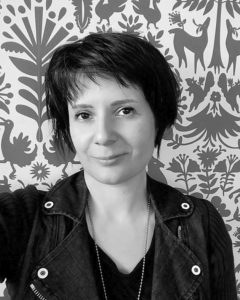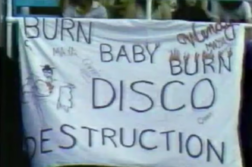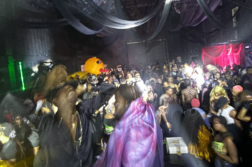Rainbow LaGuardia is a virtual exhibition featuring interviews with 27 LGBT members of the faculty and staff at LaGuardia Community College* (LCC) in Long Island City. Organized as an interdisciplinary project combining oral history and photography, Rainbow LaGuardia is co-curated by associate photography professor Thierry Gourjon and historian Stephen Petrus from the Wagner Archives.
In this ambitious exhibition, currently presented as a website, participants share some of their most defining experiences and observations as LGBT people. LCC students participated in both the collecting of oral histories and in making portraits. Visually, the material flows easily on the page with ample white space between portraiture and text. There is neither a single dominant narrative in the oral histories, nor a consistent background in the photographs. Rainbow LaGuardia’s strength as a humanities initiative is in bridging multiple generations of LGBT life through the act of storytelling.
In 2019 the Center for Disease Control and Prevention released a study that highlights negative mental health outcomes for LGBT youth—and how having at least one accepting adult made youth 40% less likely to report attempting suicide. It is against this backdrop that Rainbow LaGuardia thrives, bringing LGBT and questioning students into contact with out and proud LGBT adults at their college.
In fact, Rainbow LaGuardia quietly surveys how educational frameworks are only as productive as their capacity for truth-telling. On each participant’s webpage are excerpts from their oral history interview where they share stories often left out of the dominant narrative of what it means to be LGBT. In a borough with a history of tension toward LGBT inclusion in schools, this exhibition is a significant milestone.
The interviews contain numerous examples of how navigating life from different queer perspectives
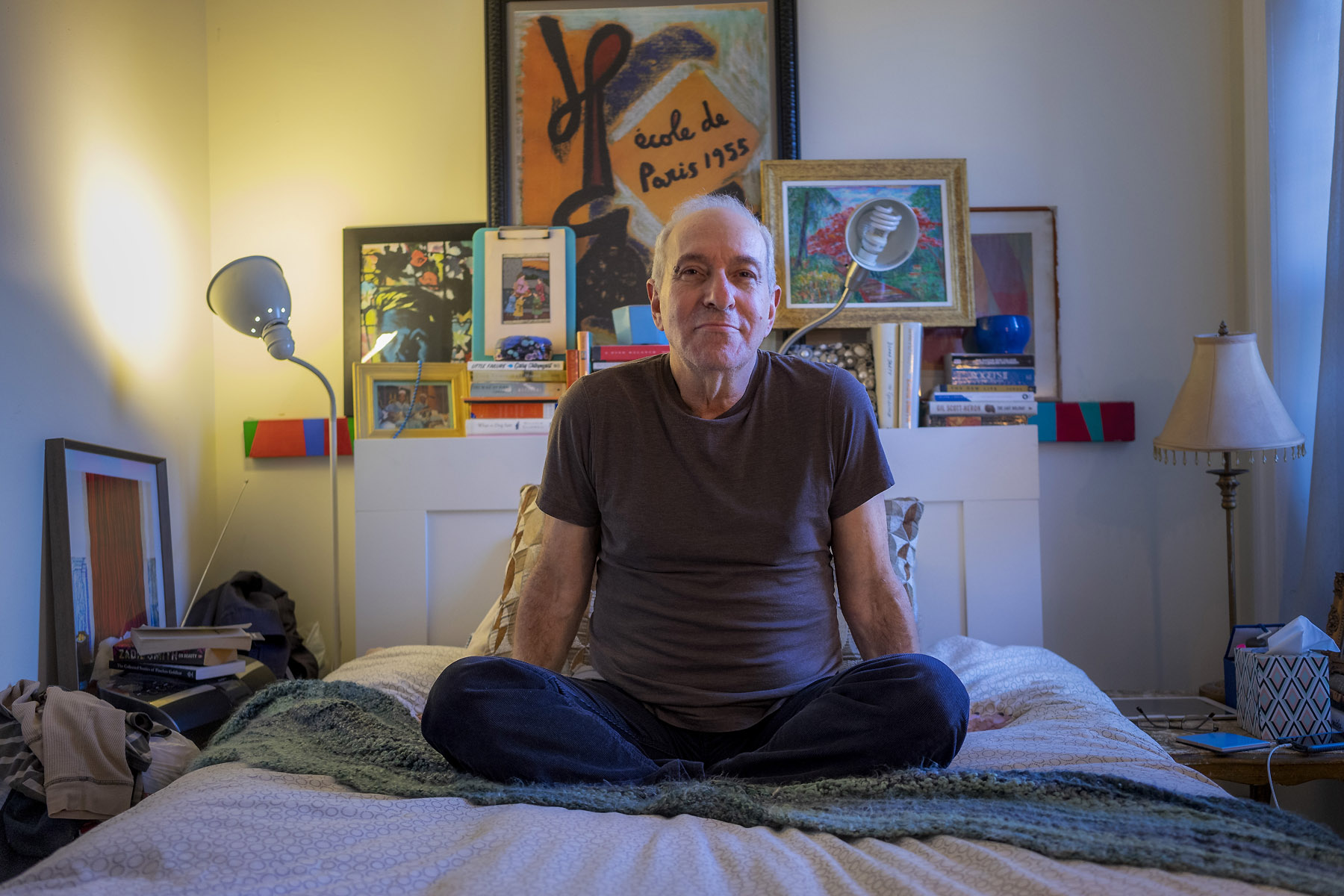
is as valuable as academic credentials. Steven Hitt, artistic producing director at the performing arts center, recognizes how being out as a queer person is critical for one’s development and an important aspect of being true to one’s art. Poppy Slocum, assistant professor of communication, identifies the importance of students knowing “they’ve had exposure” to an LGBT person, and specifically, to a lesbian. David Bimbi, professor of health and human services, describes how an inclusive curriculum could be achieved: a math class exercise could be an analysis of the financial repercussions for same gender couples. Regardless of the topic, the most striking element throughout these conversations is the varying insights into how life lessons shape decisions and trajectories.
Some participants also discuss growing up without LGBT resources at home or school and having no one to talk to about their experiences—a reality for many students today. “I still see them hesitating about their sexuality sometimes,” says Pastor Charlene L. Bryant, assistant professor of criminal justice. Allie Brashears, associate professor of biology, understands why some students struggle: “Transitioning…is a pretty lonely experience and it’s…a disorienting experience to move into a different gender…and navigate relationships based on that presentation…you have to have a group that is not just neutral but actively supportive.”
This is part of what Rainbow LaGuardia provides for students: a resource for learning about and accessing supportive faculty and staff who don’t just care, but also have been through coming out, building a meaningful life as an LGBT person, while contributing to their respective communities. When academics understand and relate to their students’ challenges, they both open avenues for communication and demonstrate more opportunities for empowerment.
As the data shows, LGBT youth and adolescents face additional obstacles, making schools and colleges pivotal environments for reconstituting a vision for a sustainable, connected life. When LGBT faculty and staff are open about navigating their own obstacles and priorities, it’s a powerful step toward making education safer and more welcoming for everyone. Everyone benefits from an environment where people are not shamed for simply existing.
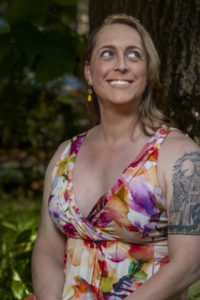
One doesn’t need to be LGBT to gain insight from this exhibition. Anyone can learn from program specialist Andre Ford’s experiences with dating apps—shaming, discrimination, and racism are pervasive across all identities and dating platforms. However, given the reality of toxic cultural messaging, lack of institutional support, and the likelihood of unacceptance at home, it’s increasingly important for LGBT students to know where they can find trustworthy peers and mentors.
Life’s intersecting conditions are critical informants for acts of pedagogy, and Rainbow LaGuardia presents an interesting public case study into how college departments can prioritize the wellbeing of marginalized students by bringing life into the classroom and energizing the classroom beyond its campus. Providing insight into the experiences and points of view of LGBT faculty and staff is at the core of Rainbow LaGuardia. And yet, the exhibition can be read as an invitation to consider how and when the most rigorous academic interventions emerge from the conditions we find ourselves in. How we situate ourselves within larger patterns of history can shift the register for what’s possible. A continuation of CUNY’s history of innovative humanities projects, Rainbow LaGuardia is an open study of how every life story carries its own compass.
Rainbow LaGuardia is online indefinitely, with plans for a physical installation in 2021, contingent upon COVID-19 protocols.
*Part of the 25 CUNY campuses, LaGuardia is a public two-year community college providing associate degrees in the arts, sciences, and applied sciences, while also offering robust continuing education programs. Since opening its doors in 1971, the LCC student body has been comprised of multicultural populations from low income and immigrant backgrounds, as well as first generation college students.
Patricia Silva is a Lisbon-born, New York City-based photographer, video artist, and writer. Their writings on photography and visual culture have been published in Dodge & Burn: Decolonizing Photography, ICP Perspective, Cult Bytes, Daylight, Memories Can’t Wait: Conversations on Accessing History and Archives Through Artistic Practices, and Queering the Collection. Their photographic work has been published in The New York Times, Diva UK, Out Magazine, The Advocate, and Der Grief. Their short films have screened at the British Film Institute, England; Anthology Film Archives, USA; MIT List Visual Arts Center, USA; Glasgow Art Center, Scotland; IFC Theater, USA; Cervantes Institute, Brazil; among more.


